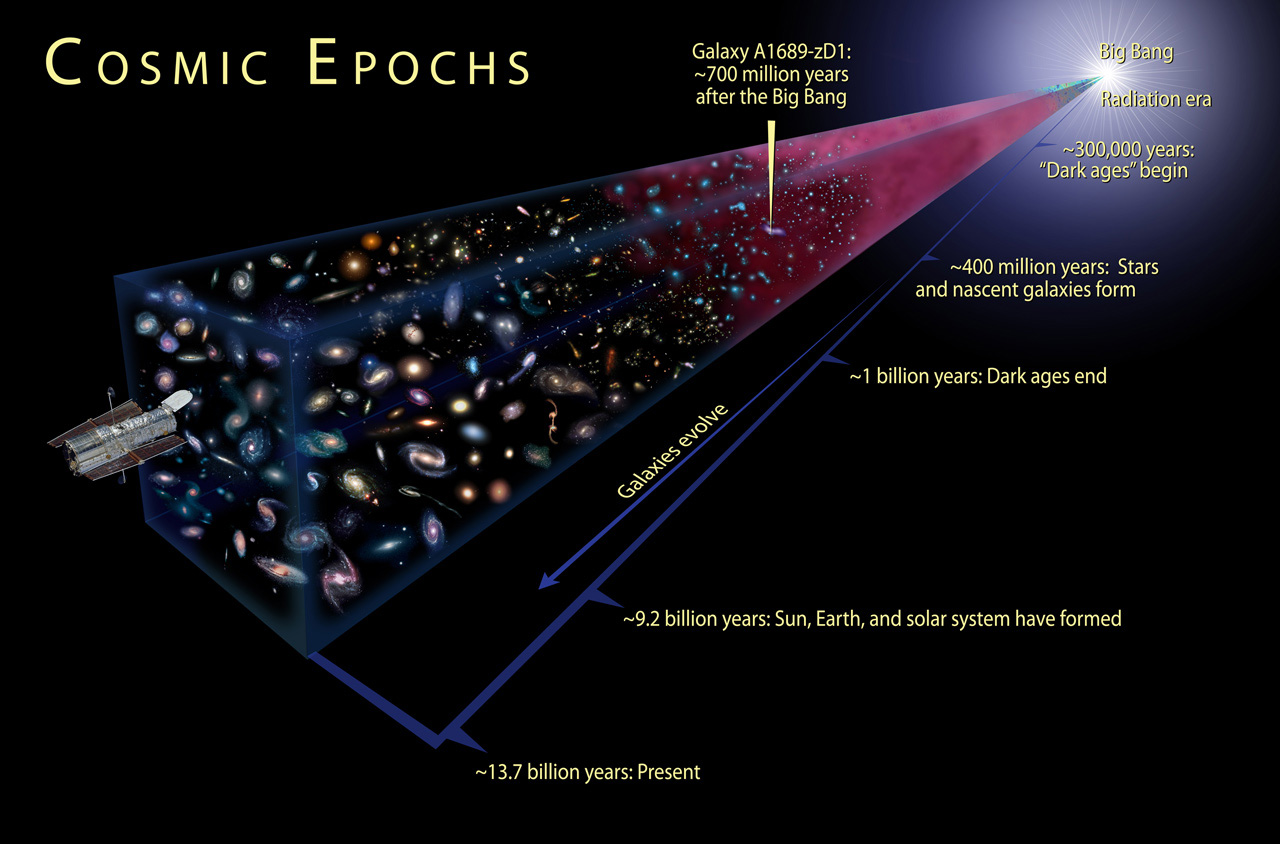Science
Related: About this forumNearby Ancient Star is Almost as Old as (or maybe older than?) the Universe
A metal-poor star located merely 190 light-years from the Sun is 14.46+-0.80 billion years old, which implies that the star is nearly as old as the Universe! Those results emerged from a new study led by Howard Bond. Such metal-poor stars are (super) important to astronomers because they set an independent lower limit for the age of the Universe, which can be used to corroborate age estimates inferred by other means.
In the past, analyses of globular clusters and the Hubble constant (expansion rate of the Universe) yielded vastly different ages for the Universe, and were offset by billions of years! Hence the importance of the star (designated HD 140283) studied by Bond and his coauthors.
“Within the errors, the age of HD 140283 does not conflict with the age of the Universe, 13.77 ± 0.06 billion years, based on the microwave background and Hubble constant, but it must have formed soon after the big bang.” the team noted.
Metal-poor stars can be used to constrain the age of the Universe because metal-content is typically a proxy for age. Heavier metals are generally formed in supernova explosions, which pollute the surrounding interstellar medium. Stars subsequently born from that medium are more enriched with metals than their predecessors, with each successive generation becoming increasingly enriched. Indeed, HD 140283 exhibits less than 1% the iron content of the Sun, which provides an indication of its sizable age.
Read more: http://www.universetoday.com/100147/nearby-ancient-star-is-almost-as-old-as-the-universe/

Lithos
(26,403 posts)...
Reno Master
(51 posts)Unless you meant by that, that the estimated age of the star is too old.
n2doc
(47,953 posts)Reno Master
(51 posts)This, of course, doesn't answer the how or when.
TheKentuckian
(25,026 posts)Our known Universe perhaps is just a small piece of a much larger one with "Big Bangs" popping neighborhoods into existence like a star formation on a much more grand scale. Maybe smaller "bangs" are even happening at a much more local level? Is this part of expansion? Maybe these things happen in a cycle and we got a few of the last newborns from the previous epoch? Maybe it is these objects that caused the lack of symmetry that allowed the universe to form as it has.
Who knows? A star of that sort shouldn't be anything like that close, I wouldn't think. Something we don't get is operative.
Xipe Totec
(43,890 posts)iron-poor. Get it?
![]()